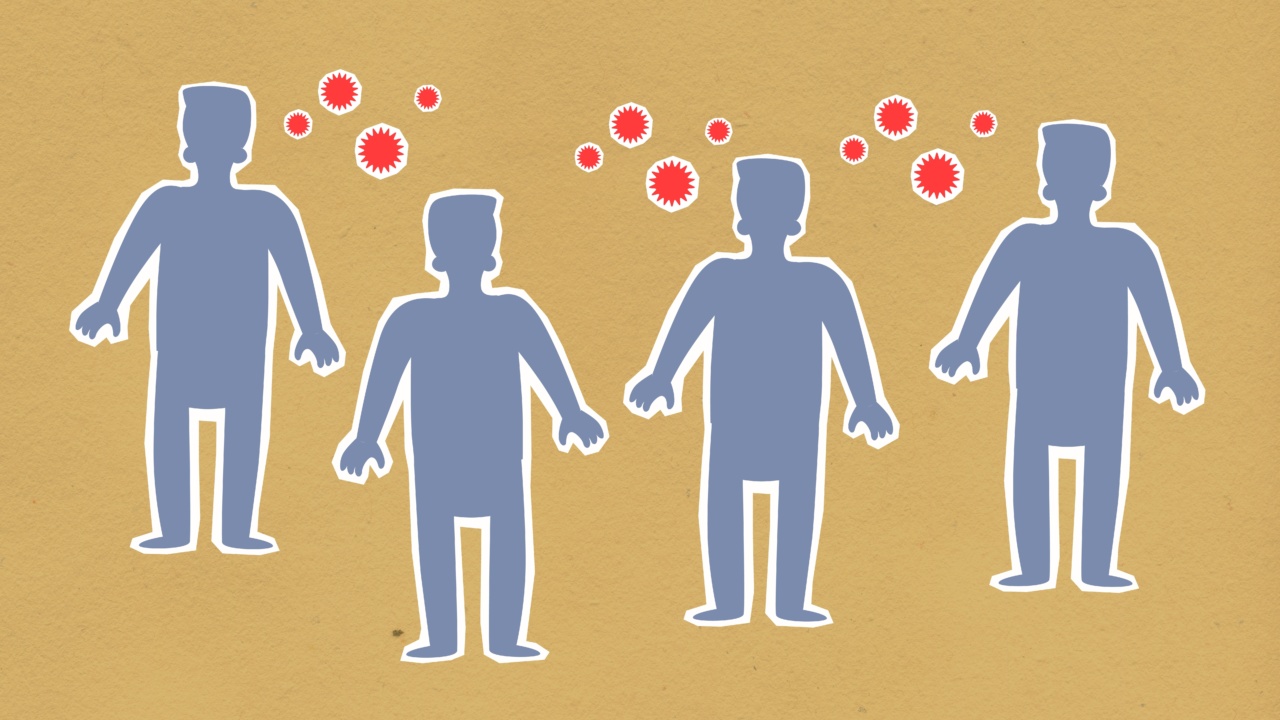The flu, which is short for influenza, is a contagious respiratory illness that is caused by a virus.
It can spread rapidly through a population, and it can lead to significant morbidity and mortality, particularly among older adults, young children, and people with weakened immune systems.
What is Influenza?
Influenza is a viral infection that primarily affects the respiratory system. The symptoms of the flu typically include fever, coughing, sore throat, body aches, and fatigue, and they can last for several days.
In some cases, the flu can also cause complications, such as pneumonia, bronchitis, or sinus infections.
How does Influenza Spread?
Influenza is highly contagious, and it can spread rapidly from person to person through coughing, sneezing, and close contact.
The flu virus can also survive on surfaces for several hours, so people can become infected by touching a contaminated object or surface and then touching their mouth, nose, or eyes.
Who is at Risk for Influenza?
While anyone can get the flu, some people are at higher risk for developing serious complications from the illness. These include:.
- Adults over the age of 65
- Young children
- Pregnant women
- People with weakened immune systems
- People with chronic medical conditions (such as heart disease, diabetes, or asthma)
How Can Influenza be Prevented?
The most effective way to prevent the flu is to get vaccinated every year. The flu vaccine is designed to protect against the strains of the virus that are most likely to be circulating during the flu season.
In addition to getting vaccinated, there are other steps that people can take to reduce their risk of getting the flu:.
- Wash hands frequently with soap and water or use a hand sanitizer
- Avoid close contact with people who are sick
- Avoid touching your eyes, nose, and mouth
- Cover your mouth and nose when you cough or sneeze with a tissue or your elbow
- Stay home from work or school if you are sick
What Should You Do if You Get Influenza?
If you think you have the flu, it’s important to see a healthcare provider as soon as possible. Your healthcare provider may prescribe antiviral medications that can help to reduce the severity of your illness and prevent complications.
In addition to taking medication, there are other steps that you can take to help relieve your symptoms:.
- Get plenty of rest
- Drink plenty of fluids to stay hydrated
- Use over-the-counter medications to reduce fever and relieve aches and pains
- Gargle saltwater or use throat lozenges to soothe a sore throat
- Use a humidifier to help relieve congestion
Conclusion
The flu is a highly contagious illness that can spread rapidly through a population. While anyone can get the flu, some people are at higher risk for developing serious complications from the illness.
The best way to prevent the flu is to get vaccinated every year, and there are other steps that people can take to reduce their risk of getting the flu. If you do get the flu, it’s important to see a healthcare provider as soon as possible and take steps to relieve your symptoms.




























